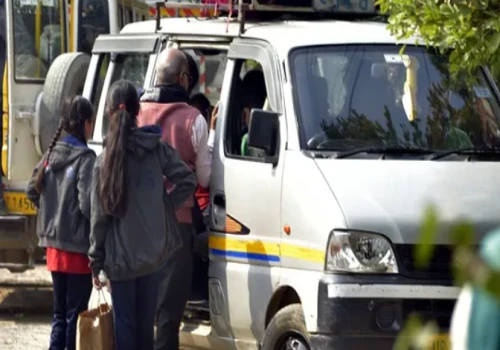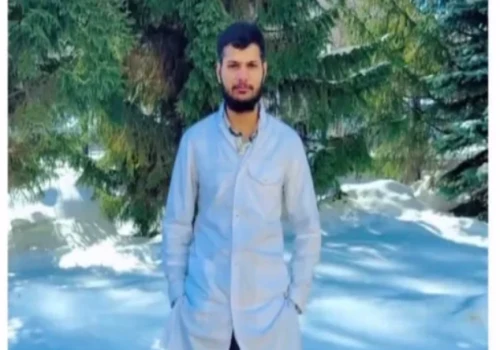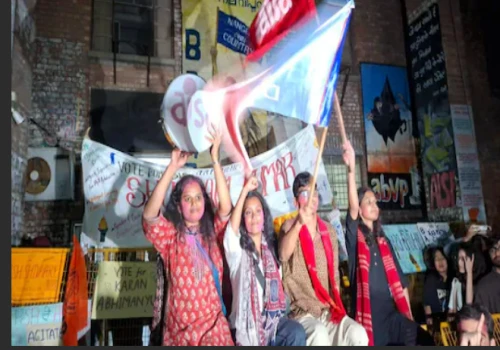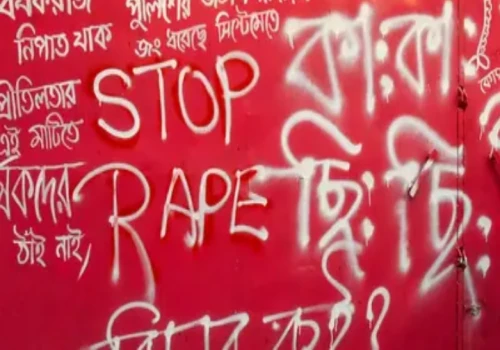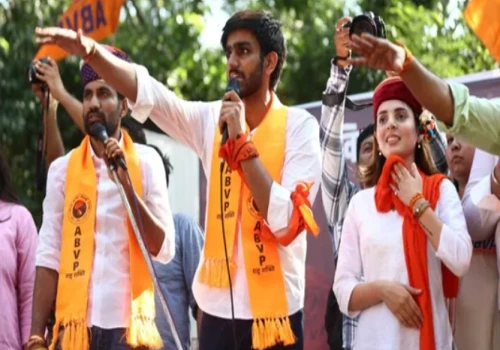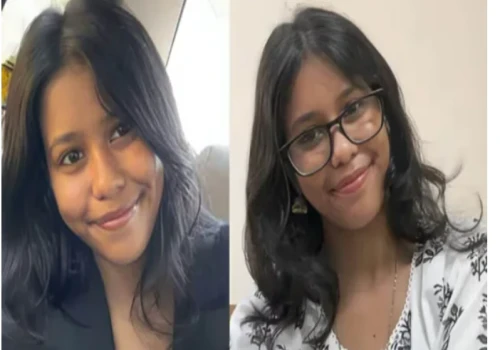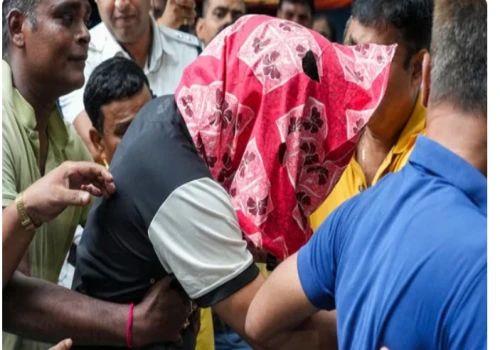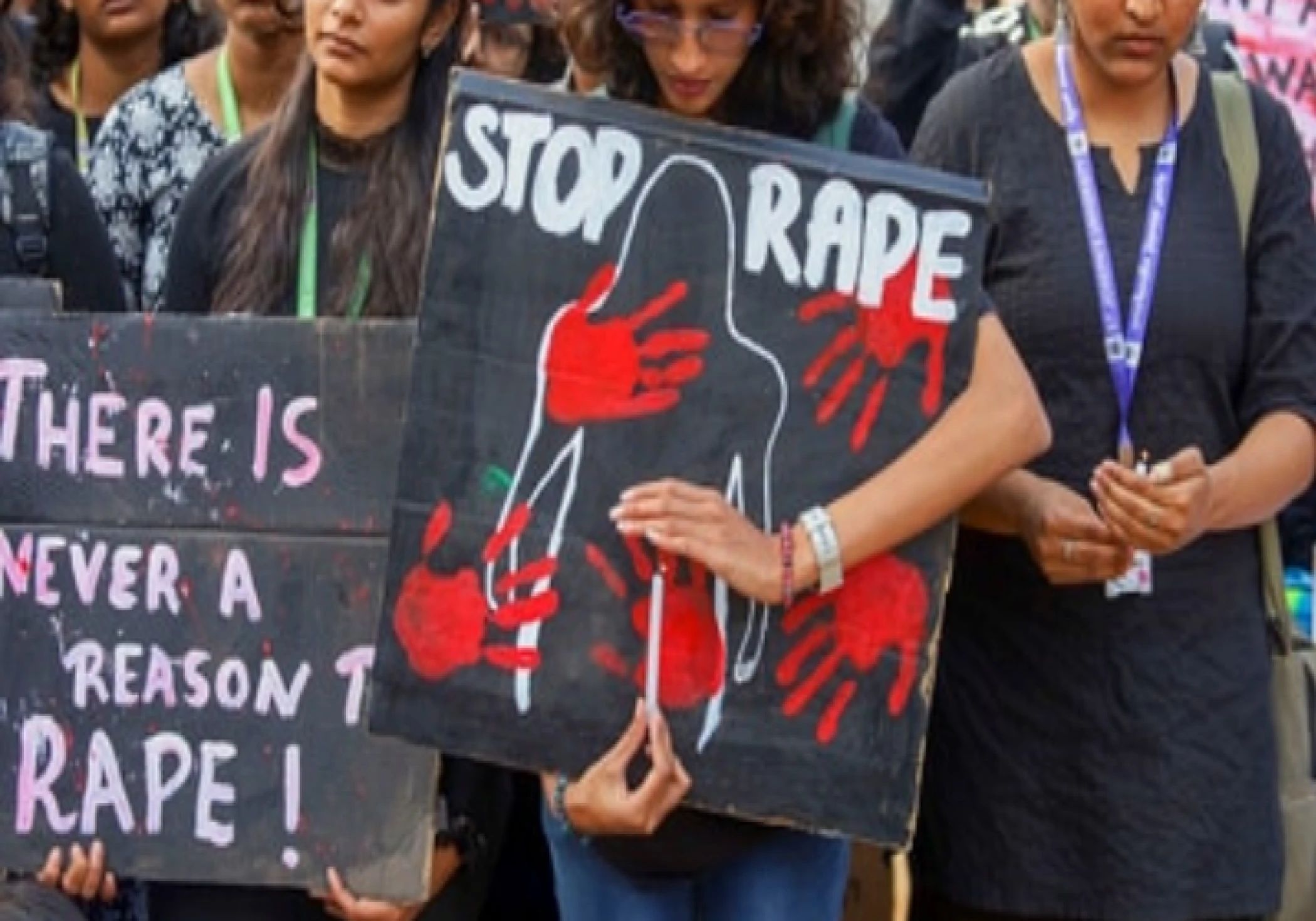
An engineering student in Kolkata alleges she was drugged and raped by a classmate, coinciding with the spotlight on the Durgapur medical college gang-rape case.
The incident was reported in the southern part of Kolkata, in the Anandapur area, where the student was living in a rented flat. According to the complaint filed by the student at the local police station, her classmate visited her flat and allegedly spiked her drink with drugs. She claims she lost consciousness and discovered later that she had been raped.
Police say the accused had gone into hiding after the complaint but was later traced and arrested. He has been remanded to police custody.
This development comes against the backdrop of another extremely sensitive case: a second-year medical student at Durgapur was allegedly gang-raped outside her college campus after having dinner with a friend. Several suspects have already been arrested in that case.
In the Durgapur case, the survivor had named five unknown men in her FIR, while her father also lodged a separate complaint implicating his daughter’s classmate and others. Authorities have detained six accused so far, including the classmate, and some have been remanded for further custody.
The juxtaposition of these two alleged rape cases has drawn national attention to issues of women’s safety on campuses, the role of institutions in preventing sexual violence, and the efficacy of law enforcement in handling sensitive cases. Observers have pointed out that these separate cases—though distinct—highlight vulnerabilities faced by female students housing away from home, the challenges of night travel, and the urgency of robust institutional and state mechanisms to protect students.
Legal experts note that in both cases, establishing evidence such as forensic traces (DNA, drink samples), verifying the timeline of events, witness accounts, and fast judicial processes will be critical. They also stress that mere arrests are not enough; whether justice is delivered transparently and swiftly will test public faith in the system.
Activist groups have already begun demanding fast-track courts, accountability of educational institutions, and stronger safety protocols (such as secure hostel facilities, campus transportation at night, mandatory CCTV in corridors, etc.). The Durgapur case in particular has triggered protests and demands from student bodies for stricter oversight.
As both investigations proceed, the public will be watching not only how law enforcement handles the technicalities of evidence and custody, but how society responds to ensure that allegations of sexual violence are neither ignored nor trivialized. The twin cases may serve as a wake-up call for colleges and universities across India to reimagine safety, accountability, and support systems for students—especially female students living away from home.



